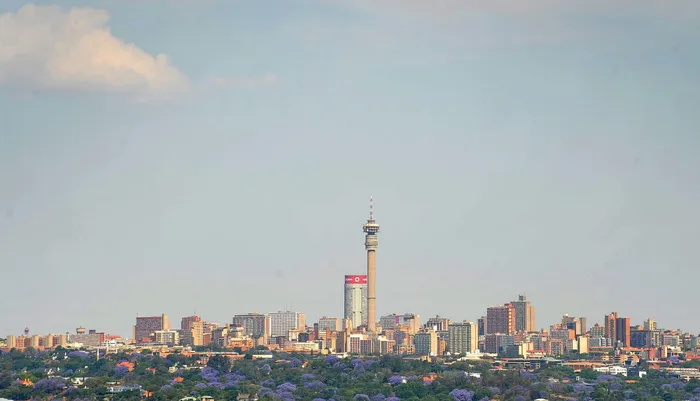SA facing rapid urbanisation over next three decades

THE South African Cities Network (SACN) on Friday released its State of Cities Report 2021, which shows the country’s population is expected to grow by between 19 and 24 million people by 2050, many of whom will live in cities or towns. | Itumeleng English.
THE GOVERNMENT has been urged to take a fresh approach to dealing with apartheid spatial planning in order to accommodate an expected urban population boom.
The South African Cities Network (SACN) on Friday released its State of Cities Report 2021, which shows the country’s population is expected to grow by between 19 and 24 million people by 2050, many of whom will live in cities or towns.
South Africa has been experiencing rapid urbanisation, with more than two-thirds of its population (in 2020) living in urban areas.
The SACN report examines people and households, the economy, social fabric, sustainability, city finance, service delivery, citizen engagement and transport.
It also takes a close look at the need for a whole-of-government and all-of-society approach to addressing problems and shortcomings, especially in light of the many financial, health, corruption and climate challenges faced by city authorities and their residents.
SACN chief executive Sithole Mbanga said given that cities were crucial for global development, their performance in delivering basic services and positive development outcomes was inextricably linked to the wellbeing of their citizens, regions, countries and the world.
Mbanga said co-operative governance and all-of-society practice was integral to service delivery and overcoming challenges.
“In order for cities to meet their objectives of becoming more economically and socially inclusive, sustainable and spatially transformed, a whole-of-government and all-of-society approach is required.
“This as South African cities have made little progress in achieving key development outcomes,” said Mbanga.
The report’s five-year analysis of nine key cities and their performance, trends, insights, inclusivity, productivity and governance, among other things, showed that each municipality has its own political and operational dynamics, and this has been heightened by the Covid-19 pandemic.
It said that despite South Africa’s progressive and forward-thinking legislative framework, and "righting the wrongs" of apartheid, many municipalities were in decline and have lost credibility with their communities.
Rebuilding communities and providing basic services and infrastructure was difficult due to multifaceted and complex reasons, which made defining solutions challenging.
Mbanga said that while national policy frameworks and city-level strategies were being adopted, the practical challenges associated with this shift have not been fully grasped.
“Cities that adopt new ways of thinking will see the dawn before others do, and choices made now will affect generations to come. South African cities have the potential to be beacons for cities across the globe in managing future challenges that cities will face,” he said.
“Municipalities must also be given adequate representation in all national and provincial strategy sessions and party conferences, as well as specific planning and budgeting sessions. Local government has a substantial role to play in reshaping the future of our cities, and responding to challenges as they emerge.”
siphelele.dludla@inl.co.za
BUSINESS REPORT ONLINE